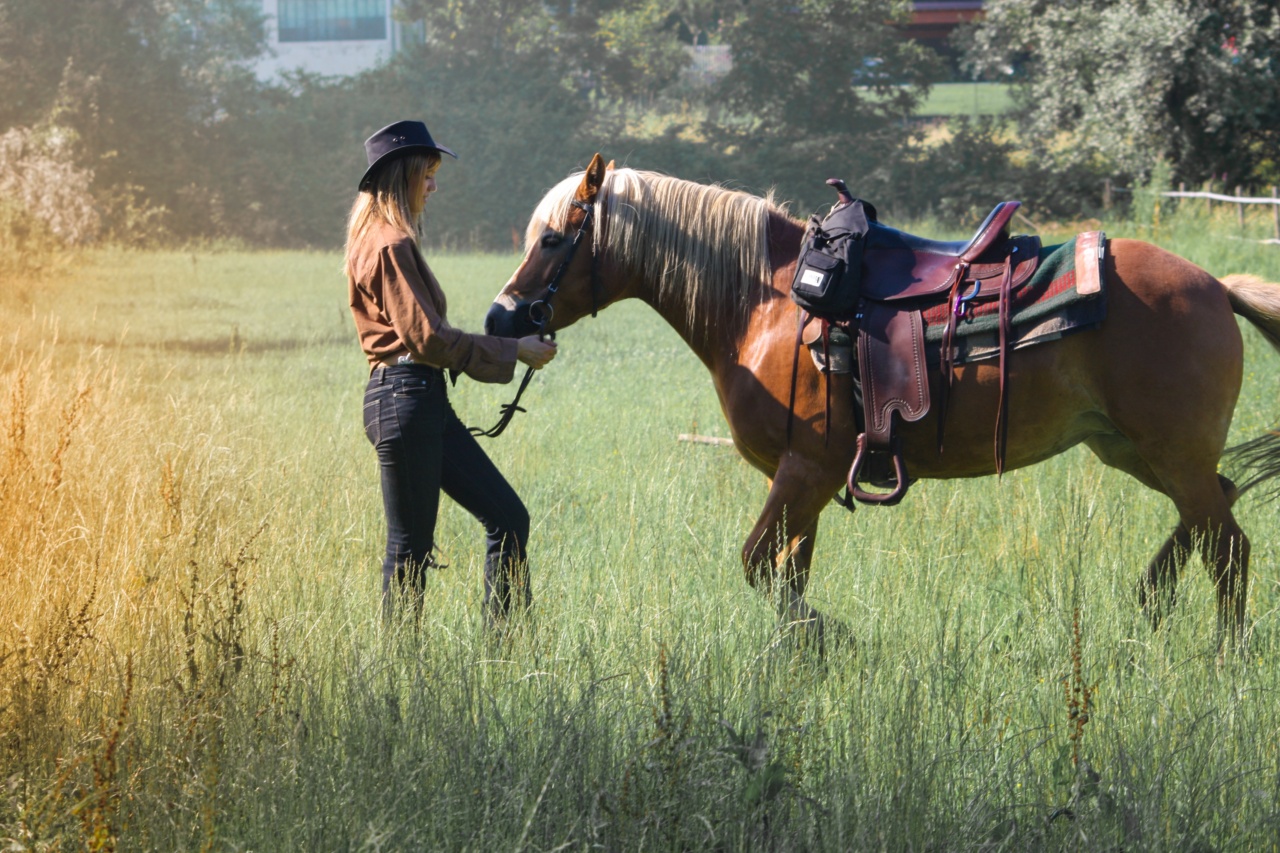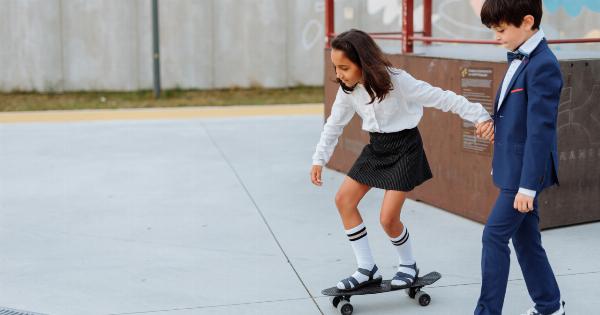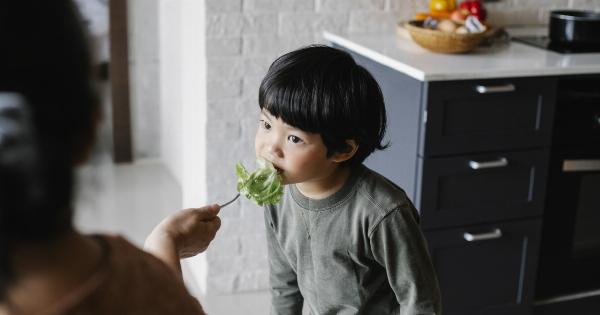Childhood is a critical phase of human development when children learn to behave and interact with their environment.
If parents want their children to grow up to be obedient, respectful and responsible individuals, they must take active steps to enhance their personalities. In this article, we will explore some personality-enhancement techniques that can help make your child more obedient.
1. Positive Reinforcement
Positive reinforcement is a potent tool for behaviour modification. It involves acknowledging and rewarding good behaviour. Children learn from the consequences of their actions.
When parents acknowledge good behaviour with a reward, they are more likely to repeat that behaviour in future. The reward can be anything, from verbal praise to material gifts, as long as it is age-appropriate and meaningful.
2. Consistency
Consistency is key to effective parenting. Children need to know what to expect from their parents. When parents are consistent with their discipline and expectations, children are more likely to develop a sense of responsibility and obedience.
Consistency should extend to all aspects of parenting, from rules and consequences to routines and expectations.
3. Explain the Reasoning Behind Rules
Children are more likely to obey rules when they understand the reasoning behind them. Parents should take the time to explain to their children why certain behaviours are not acceptable.
For example, instead of just forbidding their children from hitting others, parents should explain how hitting hurts others, and how they would feel if someone hit them. When children understand the reasoning behind rules, they are more likely to follow them without complaint.
4. Foster Independence
Parents should encourage their children to be independent from an early age. Independent children are more self-sufficient and responsible.
When parents foster independence, they also promote obedience, as independent children are less likely to rely on their parents for everything. Parents should encourage their children to take on age-appropriate tasks, such as dressing themselves, preparing their meals, and cleaning their rooms.
5. Choose Battles Wisely
Not all battles are worth fighting. Parents need to choose their battles wisely. When parents nitpick over everything, children become resentful and rebellious.
It is essential to prioritize behaviours that are most important to the child’s well-being and long-term success. For example, it may not be worth fighting over mealtime habits, but it’s important to insist on the child’s safety when crossing the street.
6. Positive Modeling
Children learn a lot by observing their parents and imitating their behaviour. Parents should model good behaviour and positive attitudes.
If parents want their children to be kind, respectful and responsible, they should demonstrate these qualities in their own behaviour. Good parenting is not about being perfect, but rather about being consistent and modelling the behaviour you wish to see in your children.
7. Stay Calm and Collected
Discipline can be a stressful experience for both parents and children. When parents escalate the situation with anger and frustration, children become more defiant and disobedient.
Parents should stay calm and collected when dealing with disobedient behaviour. When parents remain calm, children are more likely to respond positively to discipline. It is important to separate the child’s behaviour from the child’s personhood. Parents should discipline behaviour, not the child.
8. Encourage Empathy
Empathy is an essential skill for social and emotional development. Children who can imagine how others feel are more likely to be kind and considerate. Parents can encourage empathy by asking their children how they would feel in certain situations.
For example, if a child took a toy from another child, parents could ask how they would feel if someone took their toy. Empathy is a learned skill, and parents can help their children develop it by modelling empathy in their own behaviour.
9. Create a Positive Environment
Children thrive in positive environments. When parents create a safe, positive, and nurturing environment, children are more likely to be obedient and responsible.
A positive environment includes physical and emotional safety, clear boundaries, positive reinforcement, and open communication. Parents should strive to create an environment where their children feel loved, valued, and respected.
10. Encourage Responsibility
Responsibility is a crucial aspect of personality development. Children who learn to take responsibility for their behaviour and actions are more likely to be obedient and respectful.
Parents should encourage responsibility by giving their children age-appropriate tasks and responsibilities, such as taking care of pets, completing homework, and doing household chores. When children learn to take responsibility, they also learn to understand the consequences of their actions.
Conclusion
Parenting is a challenging task, but it is also a rewarding experience. When parents take active steps to enhance their children’s personalities, they help them to develop into obedient, responsible, and respectful individuals.
The techniques outlined in this article are just a starting point. Parents should continue to learn and grow with their children, adapting their parenting strategies to meet their children’s changing needs.






























